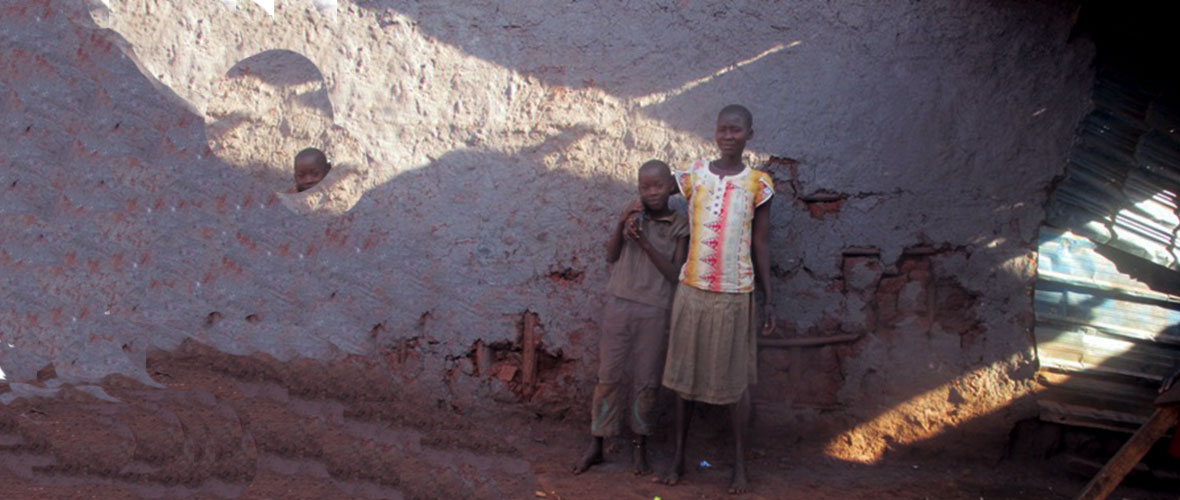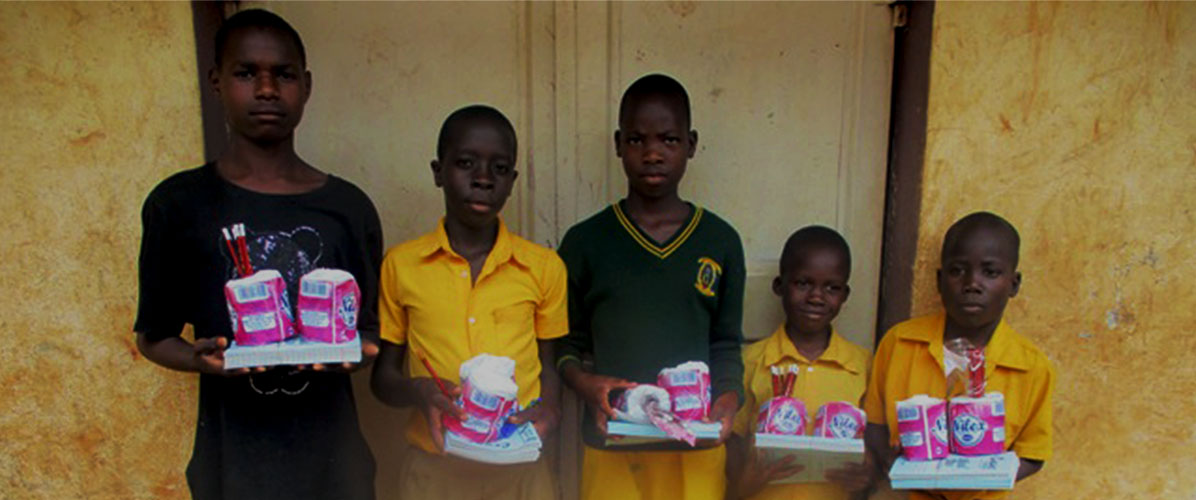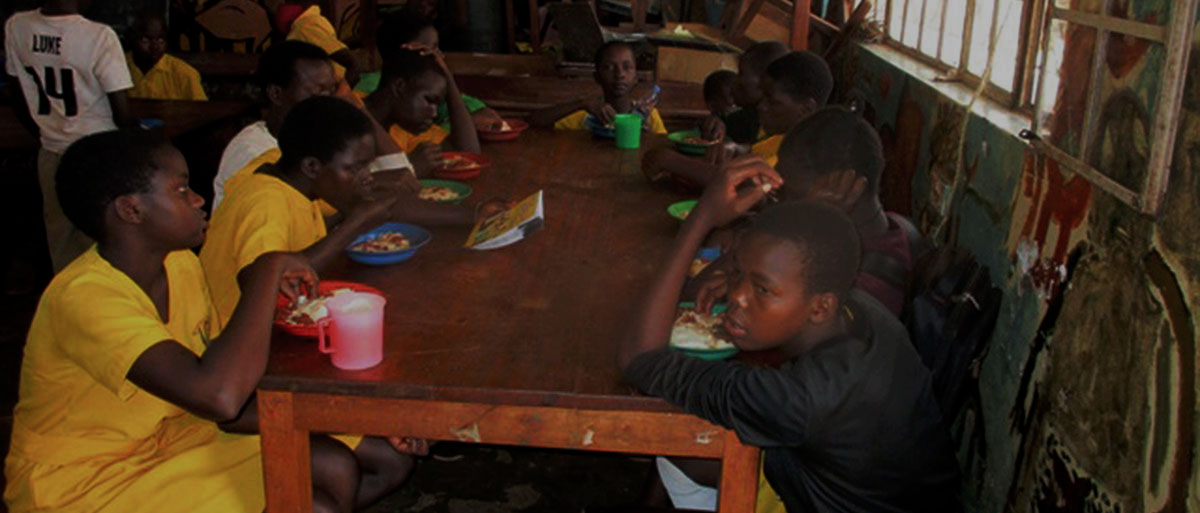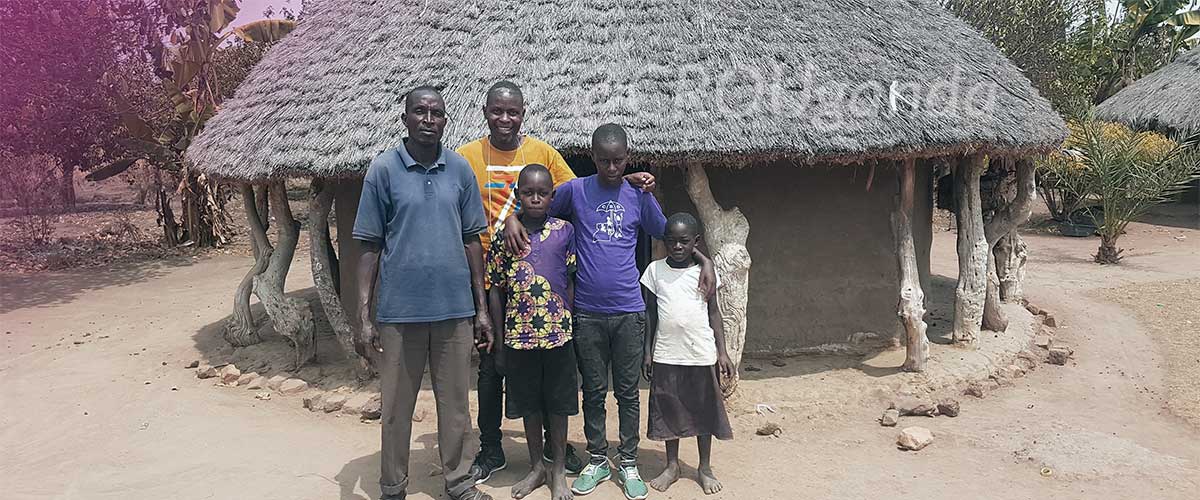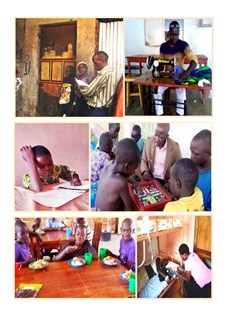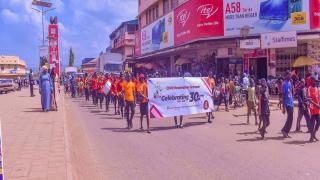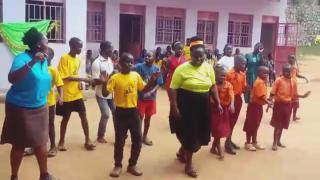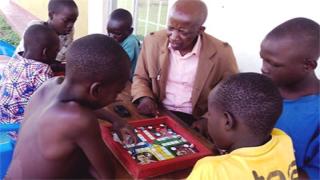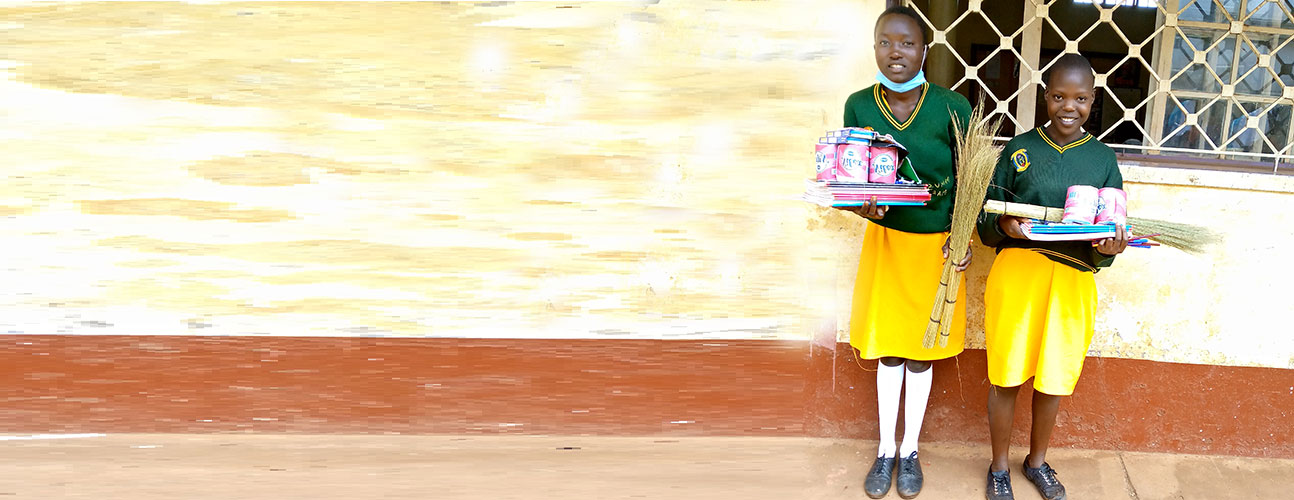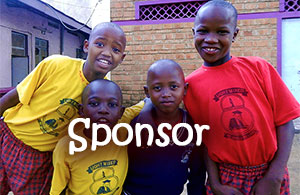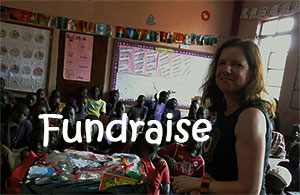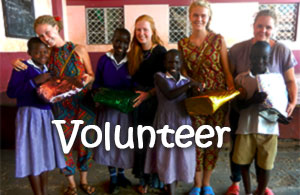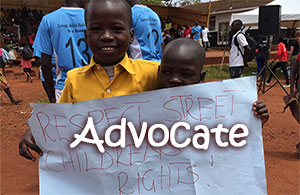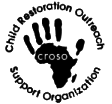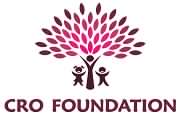'We called our group Bakusekamaja,' she said, 'which means: people may laugh at you... but in time they will admire you.'
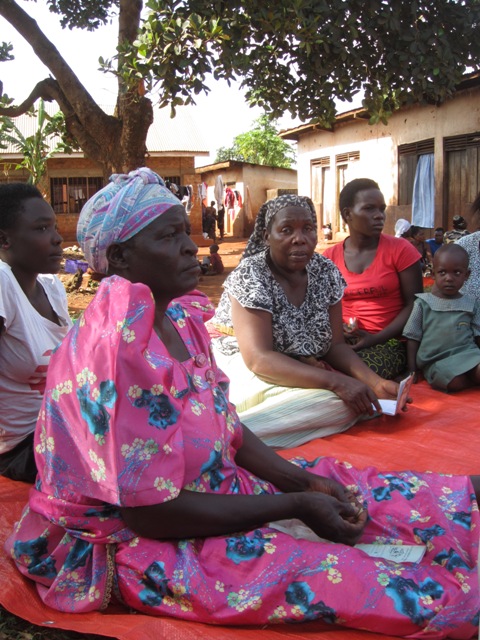
In November 2016 CRO Jinja enabled 300 women in Mafubira, a community just outside Jinja town, to form and participate in Self Help Groups (SHGs). These groups aim to economically empower women through microfinance initiatives, giving them a voice in their homes and communities. As Noah, one of the social workers at CRO, said, "When you've touched the women you've touched the whole household; when you empower the women, you empower the children." It is for this reason that CRO implements these groups; to reach the women, and through them secure a better future for their children, seeing more in school and fewer on the streets.
The model is simple and, in my opinion, ingenious. Gathered in groups of twenty members, with the oversight of two community facilitators, the women meet weekly to save money and hand out loans. They have freedom and autonomy as to how much they save and how they function: one group I visited, who named themselves Bakusekamaja, had an agreement that each member of the group would bring 2,500 shillings (about 50 pence) to each sitting; 1,000 would go towards their general saving fund, 500 to the emergency fund, and the extra 1,000 would be collected and given to one member of the group as a gift (taking it in turns week by week; a bonus 20,000 shillings for whoever's turn it is!). The group would then hand out loans to it members, enabling them to start up small businesses. This money would be paid back with 10% interest in a month (or two months, depending on the loan). By the time I visited this group in mid March they had a total of 850,000 shillings moving around the group! One woman said to me, "This group is so important to me. I didn't have work, but now I have a small business." These businesses do indeed tend to be very small (this woman was buying and selling charcoal at a profit) but the impact is huge. Another woman told me "I am so proud of this group. I am now able to send my child to school when before I could not afford the school fees". The result of modest savings being gathered and pooled has been life changing for some of these women, even in five months.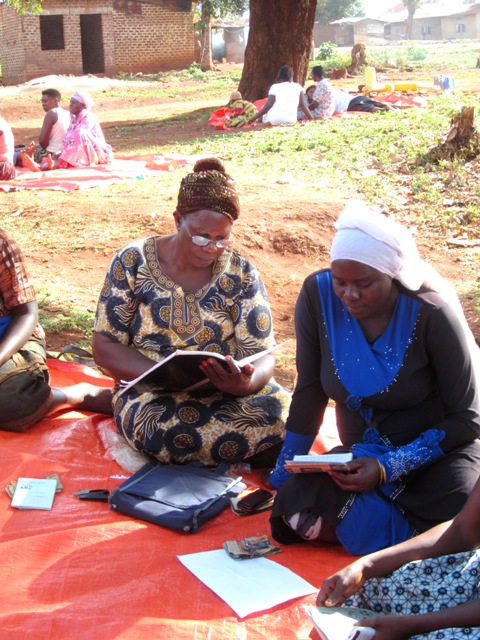
The group's fuel is mutual trust. Perhaps it is a step of faith for some, to give small but significant money into a general fund; but with agreed regulations in place, a rotating leadership that empowers each individual, and capital slowly growing, trust grows and deepens. The women would have all known each other prior to the formulation of these groups, but many now testify to deeper, more accountable relationships as a consequence of being a member of an SHG. One woman told me, "This group has united us together. We are now friends." She went on to say, "I have even learnt how to speak in public." It appears that the benefits of SHGs go far beyond savings and income generation! Trust and confidence is built, allowing these groups to also be forums for discussing and addressing personal and household issues.
At some point in the future these SHGs in Mafubira hope to form Cluster Level Associations (CLAs), with two representatives from eight to ten well-functioning SHGs. The CLAs will look beyond individuals and households to the needs of the whole community, mobilising resources and planning activities to address them. Perhaps some of these CLAs will even progress to 'Federation Level', to act as an effective bridge between the people and the state; raising a united voice against injustice and seeking accountability from the authorities and government decision makers.
In time I think that it will be far more than admiration I'll have for these groups. I will be in awe... and it all starts with a few women, a shared goal, and mutual trust.



